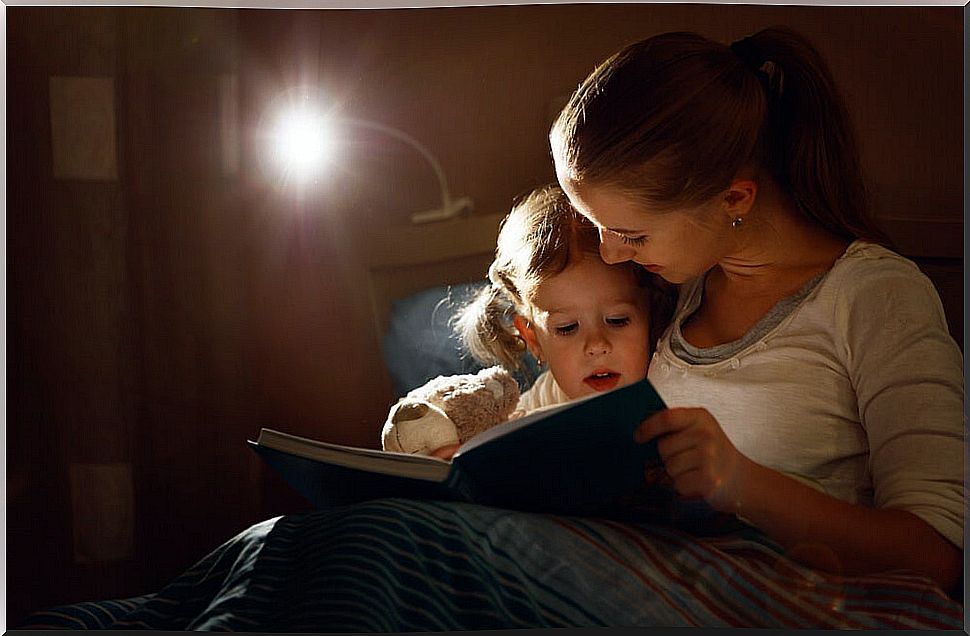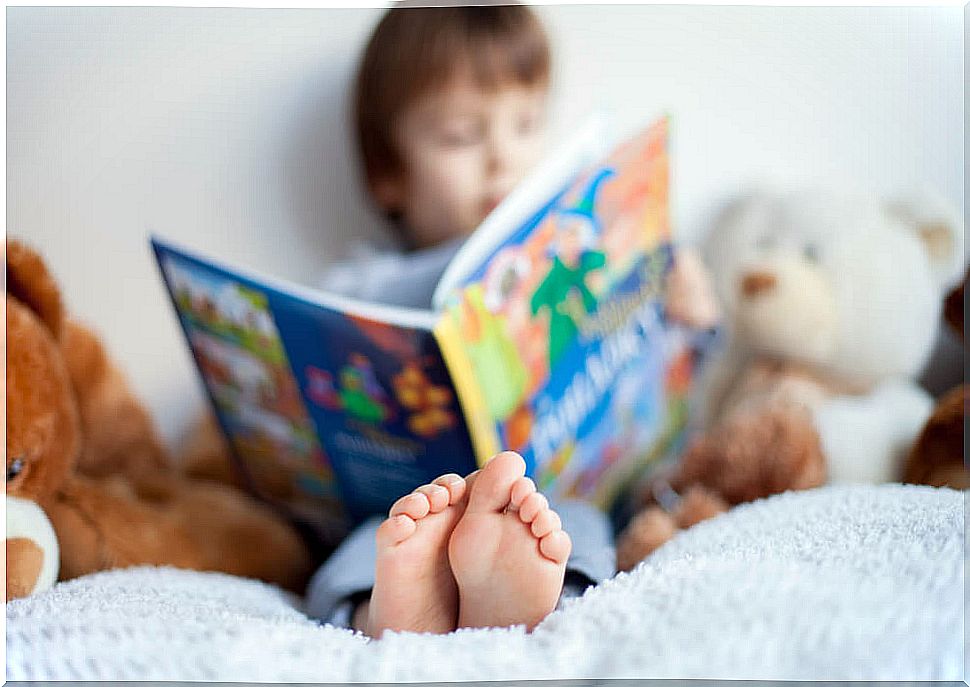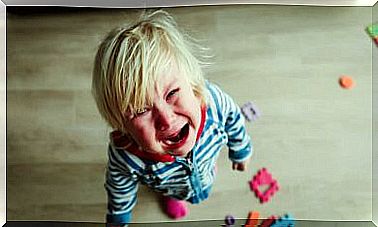How To Introduce Children To Reading

From the time they are small, more specifically from the first year of life, children can have an approach to the world of books and reading. Introducing children to this task requires dedication and effort from the people around them. Establishing a beautiful relationship with books from a young age will make them acquire a taste for reading that they will surely maintain throughout their lives.
Reading is a gradual process in which many factors intervene, both personal to the child and the people around him as well as external. However, there are a number of tips or tricks to help children with this activity. Stimulating their attention is the best way to introduce children to reading.
Guidelines for Introducing Children to Reading
Show him simple books appropriate to his age and tastes
Although it may seem like an obvious and basic aspect, in many cases, this does not apply. It is very important to choose books for children appropriate to their age, but also to their tastes.
If, for example, it is a book intended for a child of about two or three years, we must look for formats that they can handle themselves, with numerous illustrations and simple and short texts.

If it is a baby, the musicality of the texts as well as the rhymes and books with sound will be the best options, just as it is convenient to take into account the different types of books that exist in the market.
Include complementary activities to reading
Making crafts is one of the activities that children like the most. Therefore, to stimulate them, a good option is to do a manual activity after reading. Draw your favorite characters or create puppets of them are some of the options that you can do. In this way, they will focus more attention on the story and will better grasp the details of it.
More tips to introduce children to reading
Show a predisposed attitude to children with books
As we have said on other occasions, with children everything has to be adopted with a positive attitude and predisposition. Only in this way will children perceive how adults enjoy themselves and they, therefore, will do the same.
For this reason, it is important that the time that you dedicate daily, or weekly, to reading, you do it truly enjoying it and the history that you have in your hands. We cannot pretend to force children into an activity that we ourselves do not like or attract our attention.
And, speaking of forcing, it is also essential to bear in mind that there will be days when the child is more receptive and awake, and others when he does not want to read. This aspect is important when it comes to not forcing children to read, since through the obligation they will not get a taste for reading.

Talk about the book to introduce children to reading
One of the essential aspects when starting the child in reading is to get to know their tastes. We will do this through conversations about the stories that are being read. In addition to knowing their tastes, these conversations will help parents to deal with complex topics or topics that without the history of the book would have been difficult to explain to the little ones.
Illustrations are an essential part of children’s books. These, by themselves, can create a story without the need for accompanying text. Each of the illustrations that you will find in children’s books transmits feelings and sensations, important aspects to deal with when talking with the child.
Likewise, in this way, you will also promote the form of expression of the little ones, very important for their personal and school stage.
Make reading special
The main objective of initiating a child to reading is that later he himself acquires a taste for books. This can be motivated by small actions that will make the child continue to have books as one of his hobbies as he grows up.
Going to the library and making a card, creating an album with all the books that are read, as well as giving a personalized book are some of the options that will make reading a special and fun time for the little ones in the world. home.









